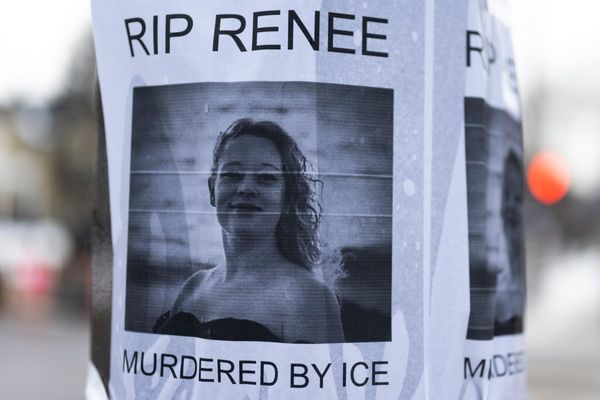
In an exclusive revelation, investigations have shown that Navy Federal Credit Union, the nation's largest credit union serving military members, defense personnel, veterans and their families, has the greatest disparity in conventional mortgage approval rates between white and black borrowers among all major lenders.
Baba Otandi, a Kenyan immigrant and Texas entrepreneur, shared his story of being rejected by Navy Federal, despite being financially qualified. Otandi, who had a credit score in the 700s, recently sold his house, and had a sizeable down payment, received a pre-approval letter from the credit union. However, he found his application denied just two weeks before closing, with the reason cited as 'excessive obligations in relation to income'. This led Otandi, and many others, to suspect discrimination.
Upon analysis of federal consumer protection data, it was observed that last year Navy Federal Credit Union only approved 48% of its black applicants for conventional home mortgages, with white borrowers being approved over 75% of the time, marking the biggest gap among the top 50 lenders. Notably, Navy Federal was found to be more than twice as likely to deny black mortgage applicants than white ones, even when variables including income, debt, property value, and down payment percentage were the same.
The credit union denied requests for an on-camera interview but stated in writing its commitment to equal and equitable lending practices. It mentioned that the recent analysis did not account for major criteria required by any financial institution to approve a mortgage loan, including credit scores which are not public.
Such wide racial disparities have been indicative of larger systemic issues. Lisa Rice, a long-time fair housing advocate, points out that the black-white homeownership gap and the Latino-white homeownership gap are both wider than they were when the Federal Fair Housing Act was passed in 1968.
While Otandi found success with a different bank, concerns arise for those denied their dream homes through such rejections. Experts suggest filing a complaint with local housing and urban development authorities or the Consumer Financial Protection Bureau, if discrimination is suspected.







